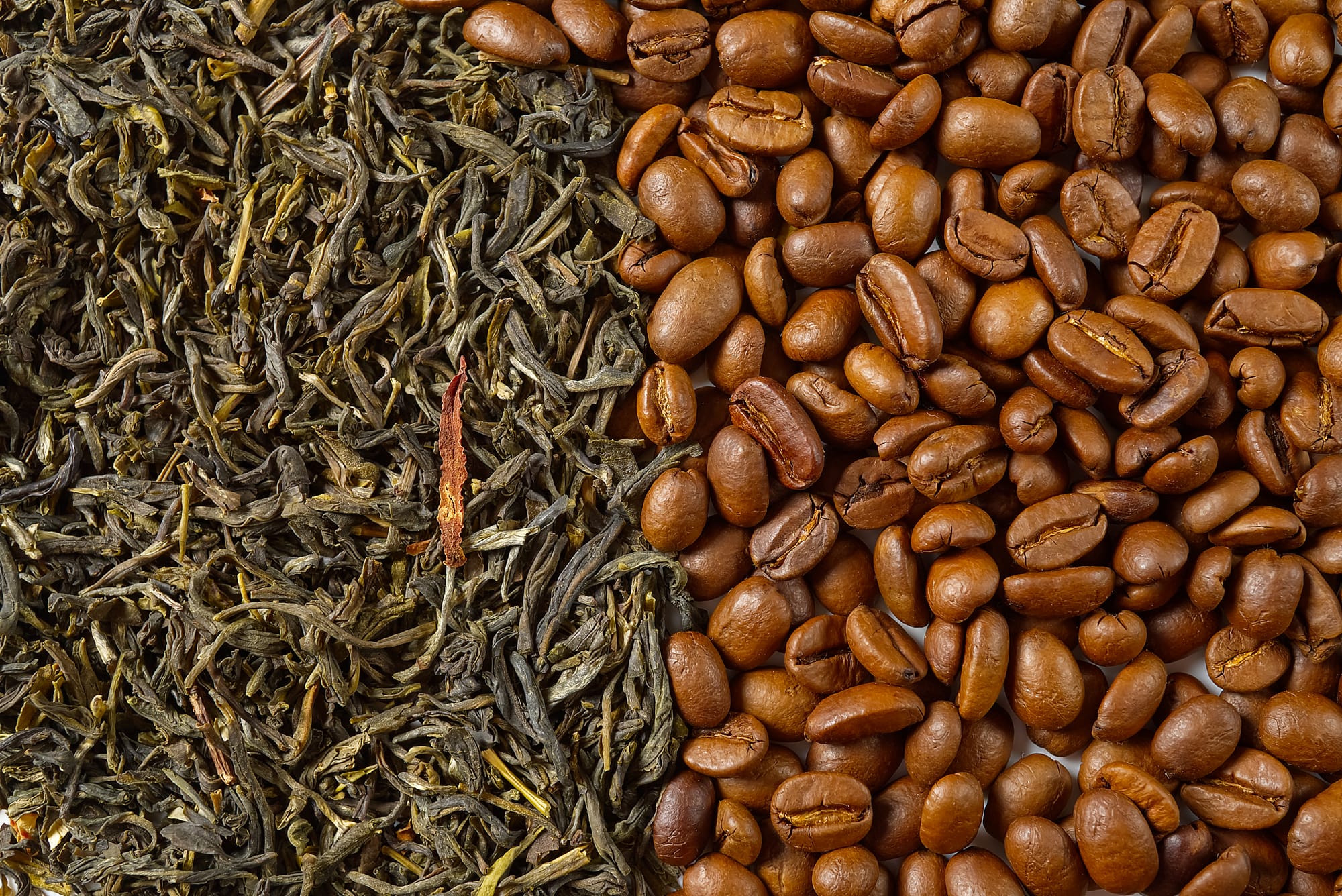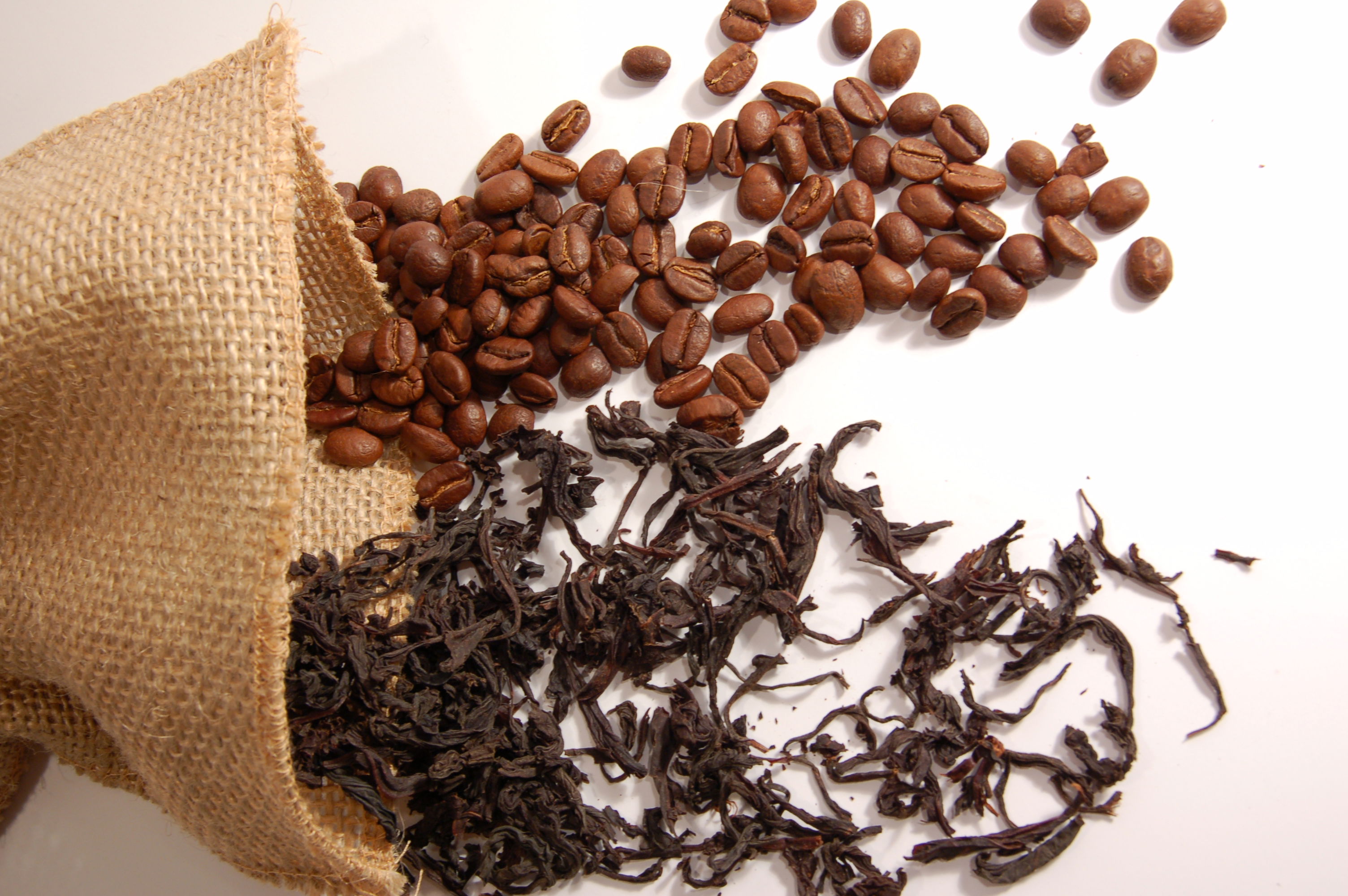Why Africa, Asia hold market potential for Rwandan coffee, tea

There is a need to diversify markets for coffee and tea as a way of addressing the challenges faced by Rwandan farmers and exporters, experts have said. Rwanda generated $114.8 million from tea exports in 2023/24, an increase of 6.6 per cent from the previous fiscal year, according to the National Agricultural Export Development Board (NAEB). Coffee export revenues fell by more than 30 per cent from $115 million reported in 2022/23, due to climate change effects and fluctuating prices.
ALSO READ: Top 10 countries consuming Rwanda’s coffee Rwanda, and African countries in general, should focus on the domestic market and strengthen trade between African nations, guided by a Pan-African vision.
This is in addition to complying with the requirements of Western and Asian markets, according to John Donnie Rebero, a local coffee expert.
ALSO READ: How Rwanda's coffee exports generated over $450m in six years This move is necessary due to restrictions imposed by European and American markets, among others, which are proving challenging for African exporters.
Yet coffee and tea remain among the most significant foreign exchange earners for African economies, accounting for over 50–60% of GDP in many countries. “We’ve discussed issues like certification, which impose strict standards before products can be exported. These are mostly consumer-driven requirements from the West, and they add costs that reduce profitability for farmers,” Rebero said in an interview with The New Times at the Coffee and Tea Expo in Kigali on Monday, July 7.ALSO READ: Rwanda showcases its coffee to buyers in America Compliance with EU market standards
Rebero noted that although European standards for products originating from Africa were developed without involving farmers or key stakeholders, Rwanda is fortunately ahead in this area and is already working to meet the standards. ALSO READ: Rwandan coffee gets global honours “The requirements being asked for align closely with our national policies on climate resilience and green-smart agriculture. Rwanda is already a leader in green resilience policies. So, we’re well-positioned to adapt to global standards related to climate change and carbon emissions,” he said. While Rwanda may be relatively well-positioned, he acknowledged that farmers still face compliance costs. Eric Rwigamba, the Minister of State for Agriculture and Animal Resources in the Ministry of Agriculture and Animal Resources, said: “In line with global expectations, Rwanda is currently putting significant effort into complying with the European Union Deforestation Regulation (EUDR).”According to the recent EU report on deforestation, Rwanda has been classified as a low-risk country. ALSO READ: Nigerian businessman found a market for Rwandan coffee in West Africa Rwigamba said that Rwanda is training exporters on how to collect and manage geolocation data, ensuring that coffee is traceable, deforestation-free, and fully compliant with international market requirements.
Increasing domestic consumption Rebero, on his part, added that diversifying markets is crucial at a time when the EU is enforcing strict standards. ALSO READ: Govt to provide over 25 million seedlings for coffee rejuvenation “First, we must increase domestic consumption. Local people are increasingly consuming coffee. If we could consume even 40% of our own coffee and tea, we’d reduce our dependence on exports. And that’s feasible, given our growing youth population and their increasing purchasing power,” he explained. Strengthening trade between African countries Africa today has a population of approximately 1.5 billion. The good news is that over 600 million of them will be between the ages of 15 and 34 by 2034.That demographic represents the largest emerging consumer market for coffee and tea. “If just those 600 million people were to consume only two cups per day, we wouldn’t need to rely on any other market. We wouldn’t need to meet European or American standards because we could consume according to African standards, " Rebero explained. "We should focus on the African market itself. The West African ECOWAS region and Southern Africa’s SADC bloc import 60–70% of their coffee and tea from Europe and America, often the same products that originated here. If we could redirect those trade flows within the continent through the African Continental Free Trade Area, our farmers would benefit immensely. ”Tapping into China, India, and Pakistan markets.
Rebero added that there is a need to also tap into markets in China, India, Pakistan, and other regions.“China is a sleeping giant. It could consume ten times Africa’s total coffee and tea production. Pakistan and India are also massive tea markets. Rwanda exports 50% of its tea to Pakistan alone. If we could do the same with coffee to China, we could reduce our dependence on the European market,” he said.
He added that, unlike Western markets, Asian countries like China do not impose strict standards, and their tariffs are far more favourable.
What farmers say Gilbert Muhire, chief operations officer for Musasa Coffee Cooperative, said they have embraced organic farming since some European markets do not accept coffee produced using industrial chemical fertilisers.
“When you use [organic products], you can see up to a 20% increase in yield. That’s the benefit in terms of productivity," Brahmbhatt said. "But it’s not just about yield—in terms of quality, for example, in coffee, this product also improves the taste, aroma, bean size, and weight. It reduces flower drop, so more flowers are retained, leading to more beans. ”She added that to maximise profits, farmers should convert farmyard waste after harvesting coffee beans into organic manure. “The red pulp, which makes up more than 45% of the coffee cherry, is considered waste. Yet it should be turned into organic manure."
